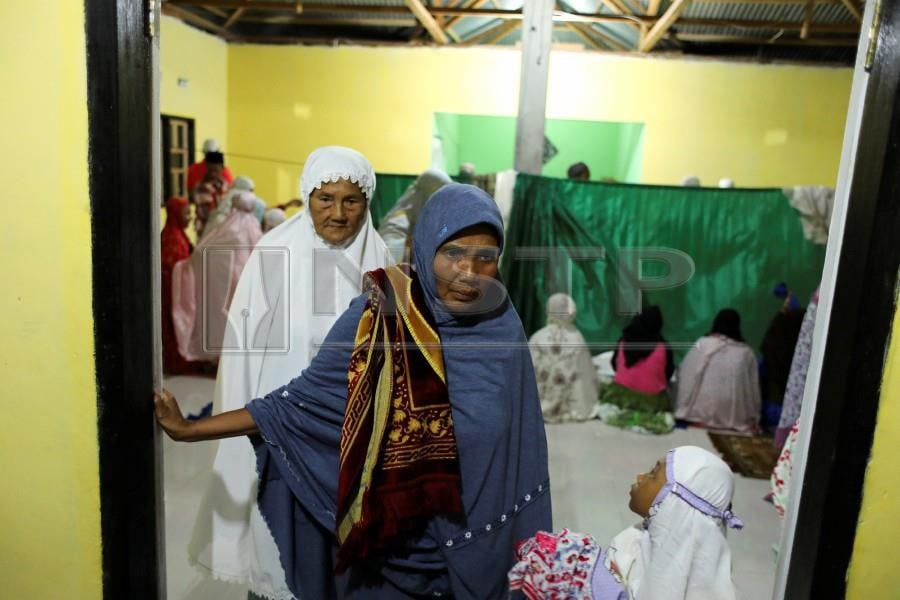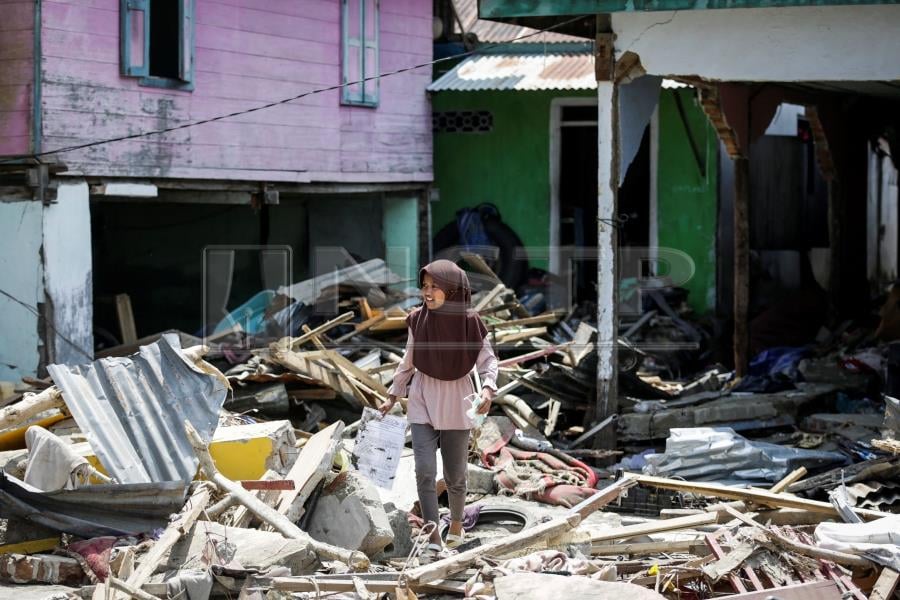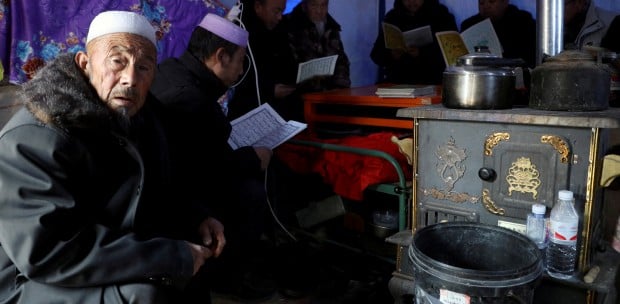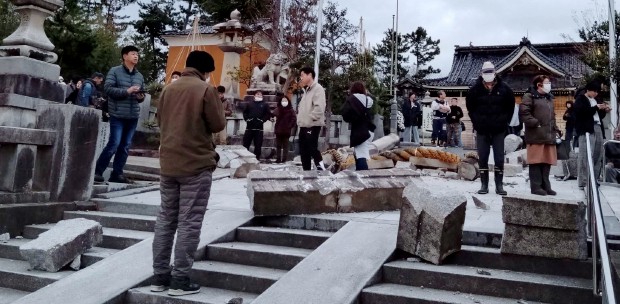MAJENE: “Our lives changed in an instant! The house where 10 of us in a family used to live was sucked into the earth,” said an earthquake victim, Elami Mohamad, 50.
The earthquake and tsunami occurred on Friday in Palu had rendered Elami, along with hundreds of other villagers in Pelupi homeless.
The disaster had forced Elami and family to take shelter in a lorry after failing in their search for a safe place.
Relating the tragedy, he said the house where he had lived for years, suddenly shook violently before the structure sank into the soil.
“We were about to perform Maghrib prayer when the earth quake with 7.4 magnitude occurred. We ran helter skelter and did not have the time to even grab any of our valuable items.
“My three grandchildren and I, who were at home at the time, only wished to save our lives,” he said when met at the compound of Masjid Nurul Iman, here.

Exhausted and disheveled, Elami and his family members, managed to squeeze in the red lorry with rationed food supply to survive.
“We have given up and decided to move out of Palu. We are heading to Makassar to seek shelter and food.
“We will only return to Palu to rebuild our lives when the safety and basic amenities are restored,” said Elami who was holding his two-year old grandchild, Rakikah Budi.
Another victim, Budiyanto Tandra, 40, said many residents from Palu, Sigi and Donggala decided to flee the disaster site to nearby towns like Mamuju, or even Makassar, due to rumours of a stronger quake.
The man, who fled the site with his family members, said it took them three days for a passenger-laden lorry to reach Makasar.
“We have other family members there (Makassar) to help us. Alhamdulillah... my children and wife are safe, but some of our relatives in Palu died during the earthquake,” he said.





